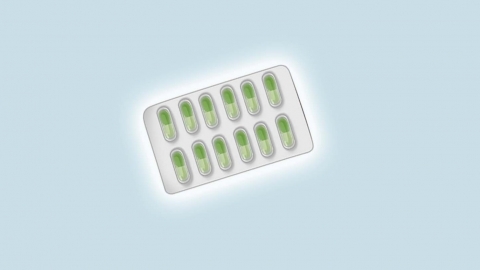What are the adverse effects of an 8-month-old baby taking ibuprofen sustained-release capsules?
Under normal circumstances, potential adverse effects of an 8-month-old infant taking ibuprofen sustained-release capsules may include gastrointestinal damage, increased burden on the liver and kidneys, neurological discomfort, impaired blood clotting function, and allergic reactions. A detailed analysis is as follows:

1. Gastrointestinal damage: Ibuprofen sustained-release capsules can irritate the gastrointestinal mucosa. After administration, infants may experience symptoms such as nausea, vomiting, diarrhea, and abdominal distension. In severe cases, gastric mucosal erosion or bleeding may occur, manifesting as blood in vomit or black stools.
2. Increased burden on the liver and kidneys: Infants' liver and kidney functions are not yet fully developed, resulting in weaker drug metabolism and excretion capabilities. Taking this medication may increase the workload on these organs. Long-term or excessive use could impair liver and kidney function, leading to elevated transaminase levels or abnormal urine output.
3. Neurological discomfort: The infant may experience dizziness, drowsiness, irritability, or persistent crying. Some infants might show limb tremors or difficulty concentrating, which can affect normal sleep patterns and mental state.
4. Impaired blood clotting function: The drug may inhibit platelet aggregation, leading to abnormal coagulation in infants. This may present as skin bruising, gum bleeding, or delayed wound healing, with prolonged bleeding even after minor injuries.
5. Allergic reactions: A small number of infants may be allergic to the drug's components, exhibiting symptoms such as skin itching, redness, or hives. In severe cases, eyelid swelling or rapid breathing may occur, requiring immediate medical intervention.
When administering medication to infants, pediatric-specific formulations and dosages should be used; adult medications should be avoided. Medications should be stored safely in daily life to prevent accidental ingestion by children. If medication is necessary under special circumstances, it must be given strictly according to medical instructions, with close monitoring of the infant’s condition afterward to minimize risks of adverse effects.




